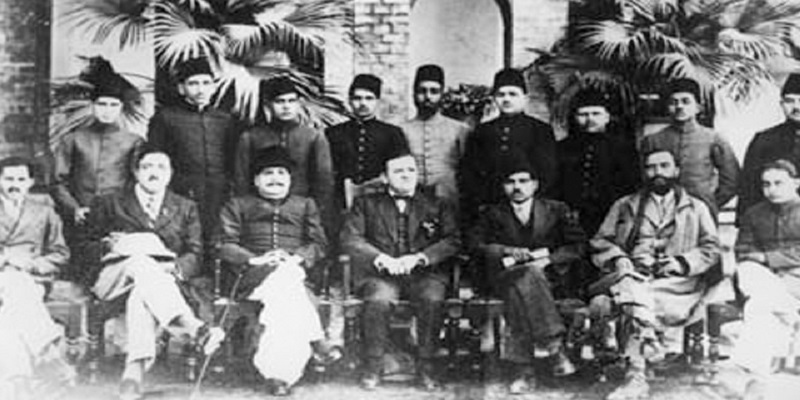Jawaharlal Nehru's 1930 Historic Allahabad Address: Shaping India's Destiny
The Allahabad Address of 1930 holds historical significance as it was a pivotal moment in India's struggle for independence. Delivered by the prominent Indian nationalist leader, Jawaharlal Nehru, on the occasion of the 44th session of the Indian National Congress, the address outlined the political and economic vision for an independent India. This address marked a departure from the earlier strategies and set the tone for the subsequent phases of the independence movement.
In 1930, India was still under British colonial rule, and the demand for independence had been gaining momentum. The year was marked by significant events, including Mahatma Gandhi's Salt March, which was a powerful nonviolent protest against the British salt monopoly. Against this backdrop, Nehru's Allahabad Address was a crucial articulation of the political and economic objectives of the Indian National Congress.
The address began with Nehru acknowledging the challenges and sacrifices made by the Indian people in their struggle against colonial rule. He paid homage to the martyrs who had laid down their lives for the cause of freedom. This acknowledgment set a tone of solemnity and determination for the rest of the address.
Nehru then went on to outline the political vision for independent India. He emphasized the need for a democratic and secular state that would ensure equal rights and opportunities for all its citizens. Nehru envisioned a political system that would be based on the principles of justice, liberty, and equality, drawing inspiration from the ideals of the French Revolution.
One of the key elements of the Allahabad Address was Nehru's articulation of the economic vision for independent India. He advocated for economic planning and socialism as essential components of India's development strategy. Nehru argued that economic planning was necessary to address the socio-economic disparities prevalent in the country. He believed that the state should play a proactive role in promoting economic development and ensuring social justice.
Nehru's emphasis on socialism reflected his commitment to creating a more equitable society. He envisioned a planned economy that would prioritize the welfare of the masses over the interests of a few. This aspect of the address laid the foundation for the economic policies that would be adopted in post-independence India, including the Five-Year Plans.
Furthermore, Nehru stressed the importance of industrialization as a means to achieve economic self-reliance. He believed that India's economic destiny should be in its own hands, free from the exploitation of colonial powers. The vision of a self-reliant and industrialized India became a guiding principle for the economic policies pursued by the Indian government after independence.
The Allahabad Address also addressed the issue of communalism, a challenge that continues to impact India's social fabric. Nehru expressed his concern about the divisive forces of communalism and religious fundamentalism. He emphasized the need for secularism and the protection of minority rights to ensure the unity and integrity of the nation.
Nehru's address was not just a political and economic manifesto; it was also a call to action. He urged the Indian people to be vigilant, active, and committed to the ideals of freedom and democracy. The address served as a rallying cry for the masses, inspiring them to contribute actively to the struggle for independence.
In retrospect, the Allahabad Address of 1930 played a crucial role in shaping the political and economic vision of independent India. Nehru's ideas laid the groundwork for the policies and institutions that would be established after the country gained independence in 1947. The address remains a testament to the foresight and leadership of Jawaharlal Nehru, who went on to become the first Prime Minister of India and a key architect of the nation's development.

